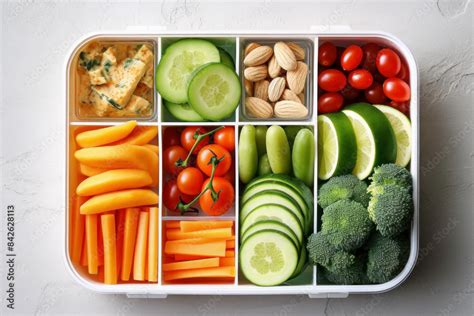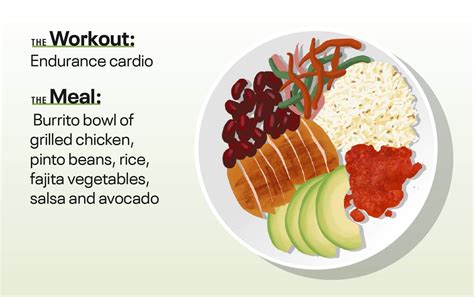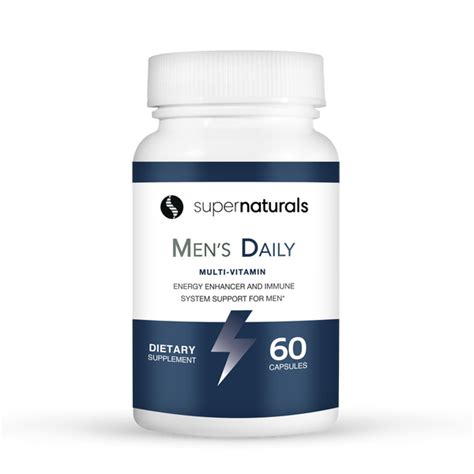In today’s fast-paced world, the modern man often juggles high-intensity physical activity with mentally demanding professional roles. The challenge isn’t just to survive these daily demands but to thrive, maintaining peak energy and unwavering focus from the early morning gym session right through to the late office hours. The secret? Optimal daily fueling. It’s not about complex diets or restrictive eating; it’s about making smart, consistent choices that power your body and brain.
The Foundation: Why Nutrition Matters
Your body is a complex machine, and just like any high-performance engine, it requires the right type and quality of fuel to operate efficiently. Nutrition directly impacts everything from muscle recovery and metabolic rate to cognitive function and mood stability. Skipping meals or relying on processed foods can lead to energy crashes, poor concentration, and reduced physical performance. A well-planned diet ensures a steady supply of glucose for brain function, amino acids for muscle repair, and essential micronutrients for overall vitality.
Consistency is key. Sporadic healthy meals won’t cut it. To truly sustain energy and focus, a daily commitment to nutrient-dense foods is paramount. This holistic approach ensures your body has the resources it needs, all day, every day.
Morning Fuel: Kickstarting Your Day
The first meal of the day sets the tone. After hours of fasting during sleep, your body needs quality nutrients to jumpstart metabolism and prepare for the day ahead. A balanced breakfast, especially if preceded or followed by a workout, should combine complex carbohydrates for sustained energy, lean protein for muscle repair and satiety, and healthy fats.
Think oatmeal with berries and a scoop of protein powder, a veggie and egg scramble with whole-grain toast, or Greek yogurt with nuts and seeds. Don’t forget hydration; a large glass of water upon waking is crucial to rehydrate and kickstart bodily functions.

Midday Momentum: Lunch for Lasting Focus
The midday meal is critical for preventing the dreaded afternoon slump. Avoid heavy, processed meals high in refined sugars and unhealthy fats, which can lead to a post-lunch energy crash. Instead, focus on a balanced plate that provides sustained energy and supports cognitive function.
A good lunch might include a large salad with grilled chicken or fish, quinoa or brown rice, and a variety of colorful vegetables. Lentil soup with whole-grain bread, or turkey and avocado on whole wheat are also excellent options. These meals provide a steady release of energy, keeping your blood sugar stable and your mind sharp.

Afternoon Drive: Beating the Slump
When 3 PM rolls around, and you feel your energy waning, resist the urge to grab sugary snacks or another cup of coffee. These provide a temporary spike followed by an inevitable crash. Smart snacking can bridge the gap between lunch and dinner, maintaining steady energy and focus.
Opt for nutrient-dense snacks like a handful of almonds or walnuts, an apple with peanut butter, a piece of fruit, cottage cheese, or a protein bar with minimal added sugar. These choices provide fiber, protein, and healthy fats, which help keep hunger at bay and sustain cognitive function. Remember to continue sipping water throughout the afternoon to stay hydrated.

Evening Recharge: Repair & Recovery
Dinner should focus on recovery and preparing your body for a good night’s sleep. Lean proteins, complex carbohydrates, and plenty of vegetables are the cornerstones. Avoid heavy, fatty meals close to bedtime, which can disrupt digestion and sleep quality.
Consider baked salmon with sweet potatoes and steamed greens, or lean ground turkey with brown rice and a large serving of mixed vegetables. These meals provide the necessary amino acids for muscle repair overnight and ensure your body is adequately fueled without feeling overly full. Quality sleep is just as crucial as diet for energy and focus, and proper evening nutrition supports restorative rest.

Essential Nutrients & Strategic Supplementation
While a whole-food diet should be your primary focus, certain nutrients play a critical role in male energy and focus. Omega-3 fatty acids (found in fatty fish, flaxseeds) are vital for brain health. B vitamins (found in whole grains, meat, leafy greens) are essential for energy metabolism. Magnesium (dark leafy greens, nuts, seeds) supports muscle function and reduces fatigue. Vitamin D (sunlight, fortified foods) influences mood and energy levels.
Strategic supplementation, under professional guidance, can fill nutritional gaps, but it should never replace a healthy diet. Consider a high-quality multivitamin, fish oil, or magnesium if your dietary intake is insufficient. Always consult with a healthcare professional before starting any new supplement regimen.

Conclusion
Fueling your body and mind for optimal performance from the gym to the office is a continuous journey, not a destination. It requires mindful eating, consistent hydration, and an understanding of how different foods impact your energy and focus. By prioritizing nutrient-dense whole foods, balancing macronutrients, and listening to your body’s signals, you can unlock sustained energy, sharp cognitive function, and enhanced overall well-being. Make smart nutrition a non-negotiable part of your daily routine, and experience the transformative power it has on every aspect of your life.




